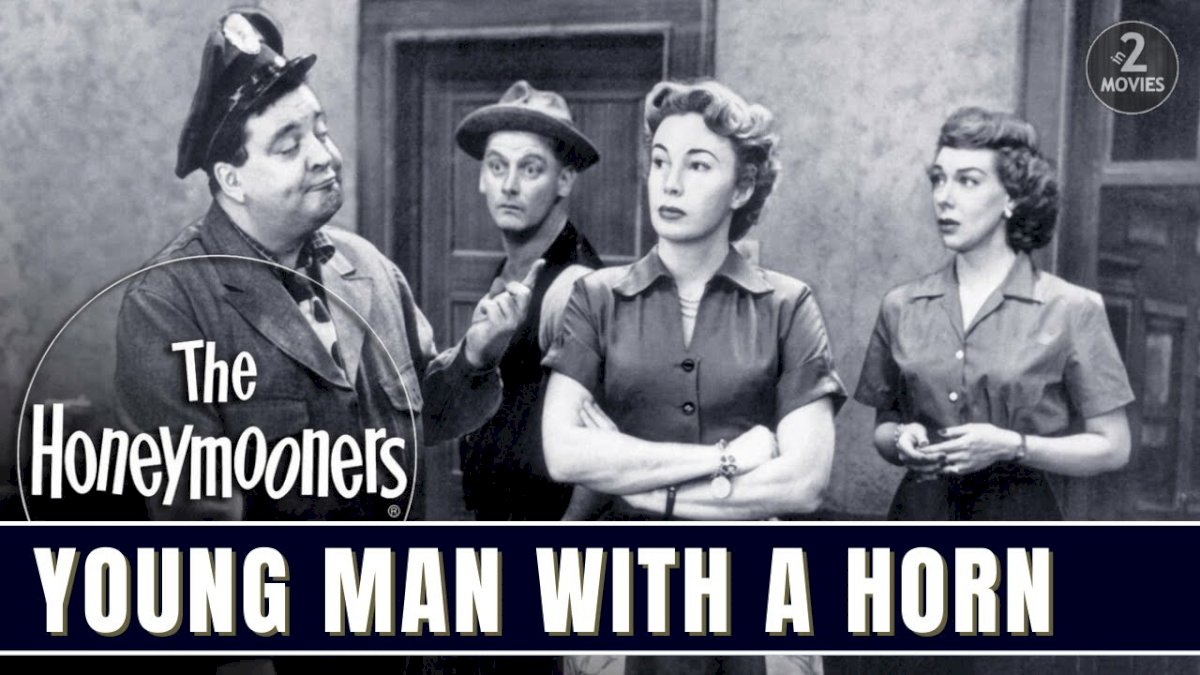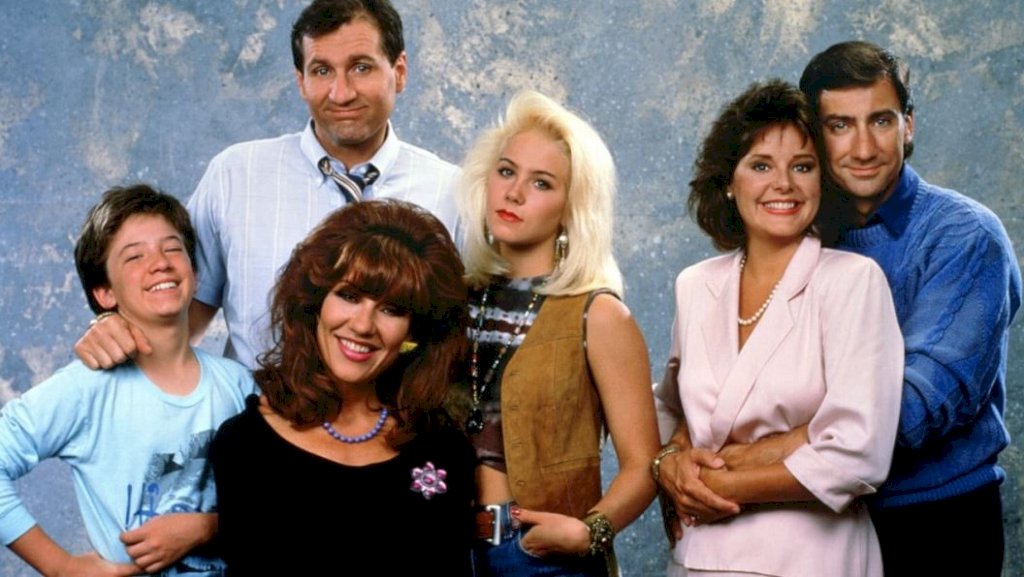In the world of television, there are shows that transcend their time, leaving an indelible mark on popular culture. "The Greatest American Hero" is one such series. Premiering in 1981, this unique blend of comedy, adventure, and superhero elements redefined the genre and continues to captivate audiences with its enduring charm. From its iconic theme song to its memorable characters, this article delves into the reasons behind the lasting appeal of "The Greatest American Hero."
(Watch the video below)

The Premise and Characters

Created by Stephen J. Cannell, "The Greatest American Hero" follows the story of Ralph Hinkley, a mild-mannered high school teacher who, through a series of serendipitous events, is bestowed with a red superhero suit by extraterrestrial beings. Equipped with superhuman abilities when wearing the suit, Ralph is tasked with using his newfound powers to fight crime and protect the innocent.
The characters in the show are central to its appeal. Ralph Hinkley, played by William Katt, is a relatable protagonist who grapples with the challenges of balancing his personal life, teaching career, and newfound superhero responsibilities. His initial clumsiness and lack of control over his powers add a layer of humor to the show. Ralph's interactions with his FBI partner Bill Maxwell, portrayed by Robert Culp, provide a unique dynamic as they navigate their partnership despite their contrasting personalities.
The inclusion of Pam Davidson, portrayed by Connie Sellecca, adds an additional layer of complexity to the narrative. Pam, a lawyer and Ralph's romantic interest, becomes involved in the superhero activities, offering a fresh perspective on the challenges of juggling extraordinary responsibilities with everyday life.
Subverting Superhero Tropes

One of the show's most distinctive features is its approach to superhero tropes. Unlike traditional superheroes who seamlessly master their abilities, Ralph's struggles and misadventures offer a refreshing take on the genre. His inability to properly control his powers results in mishaps that often generate comedic situations. This subversion of expectations not only keeps the show lighthearted but also highlights the human aspect of being a superhero. Ralph's vulnerability and relatability make him a more accessible and endearing character.
Social Commentary and Cultural Context
"The Greatest American Hero" was not just a comedic take on the superhero genre; it also incorporated social commentary relevant to its time. The show aired during a period of Cold War tensions, political uncertainty, and societal changes. Through its storylines, the series tackled issues such as government corruption, espionage, and the ethics of vigilante justice. By addressing these themes within a lighthearted framework, the show engaged viewers in critical thinking while providing entertainment.
Furthermore, the diversity of characters in the series was notable for its time. Bill Maxwell, a seasoned FBI agent, was presented as a mentor figure to Ralph, but their relationship defied conventional norms as they learned from each other's differences. The show's portrayal of a strong female character like Pam Davidson, who balanced her legal career with involvement in superhero activities, was also a step forward in terms of gender representation.
Cult Following and Enduring Legacy
Despite its cancellation after just three seasons, "The Greatest American Hero" garnered a dedicated fanbase that has kept its memory alive. The show's catchy theme song, "Believe It or Not," performed by Joey Scarbury, became an iconic tune associated with the series. The song's uplifting lyrics captured the essence of Ralph's journey as an unlikely hero.
The show's legacy extends beyond its initial run. References to "The Greatest American Hero" have appeared in various forms of media, including other television shows, films, and music. This serves as a testament to the show's impact on subsequent pop culture creations.
Conclusion
"The Greatest American Hero" remains a cherished piece of American television history. Its ability to blend humor, social commentary, and superhero elements set it apart from its contemporaries. Ralph Hinkley's journey from an ordinary teacher to a reluctant superhero continues to resonate with audiences, highlighting the universal theme of discovering one's potential in unexpected ways. The show's legacy is a testament to the enduring appeal of well-crafted characters, innovative storytelling, and the power of subverting conventions. As fans continue to celebrate and reference the series, "The Greatest American Hero" soars on, reminding us that anyone can be a hero, cape or no cape.



